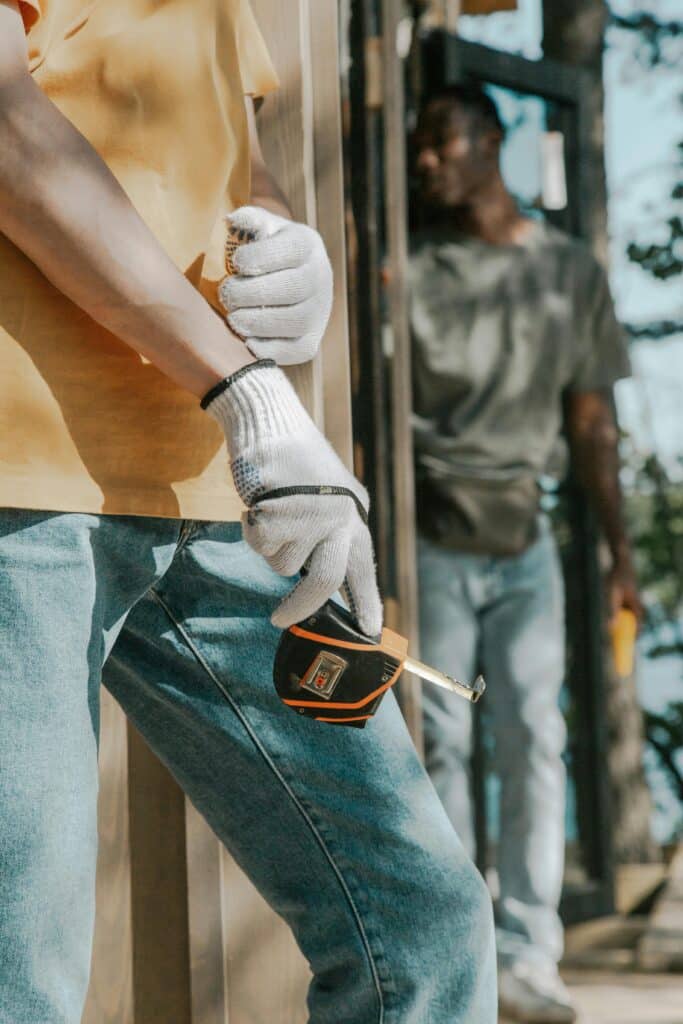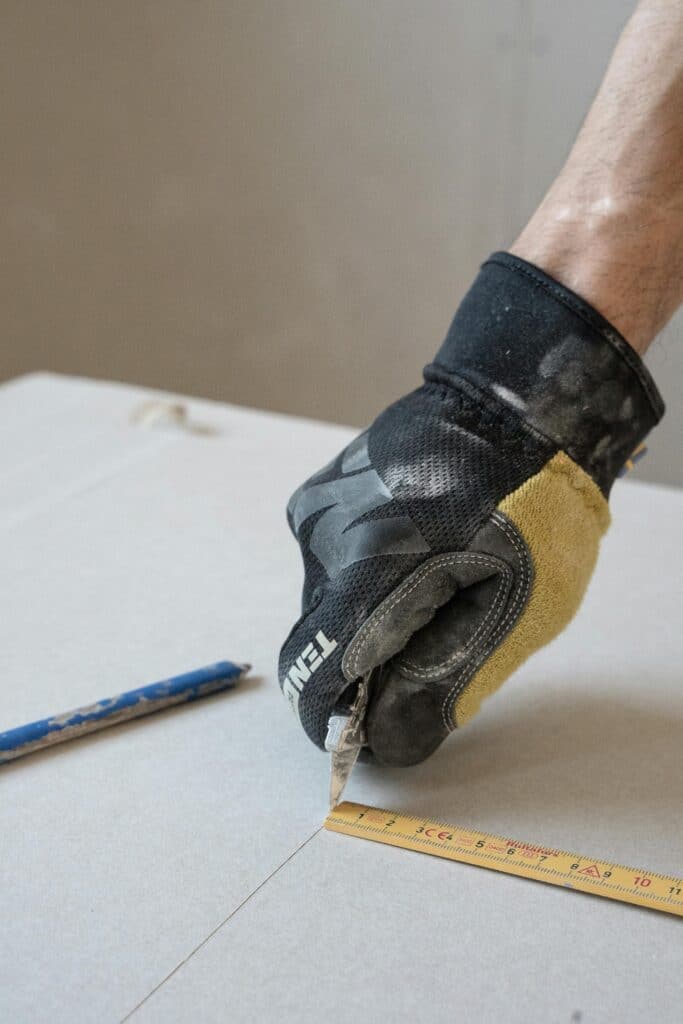Weekend projects are a source of enjoyment, creativity, and challenge for many hobbyists. Whether you’re fixing a retro radio, building a custom mechanical keyboard, or experimenting with electronics, these hands-on pursuits offer a rewarding way to spend your free time.
But while the goal may be fun, the work itself is often anything but casual. Some weekend builds demand real precision, care, and control, and that’s where professional-grade gear starts to earn its place, even outside of a workshop or lab.

Hidden Complexity Can Demand Higher Standards
Weekend projects often begin with straightforward intentions—repairing a device, assembling a circuit, or wiring a small system—but the reality can be far more demanding. Tasks involving delicate electronics, compact layouts, or static-sensitive components often reveal themselves only once work has begun.
It’s not uncommon for hobbyists to turn to the same practices seen in more advanced environments. In scenarios like these, it’s easy to see why equipment typically used in cleanroom or manufacturing settings, such as Simco gear at Mektronics, sometimes finds its way onto home workbenches. Some projects simply warrant that level of control and care, even outside of work hours.
Accuracy Makes the Difference Between “Working” and “Working Well”
When you’re soldering surface-mount components or testing small voltages, accuracy isn’t just helpful—it’s essential. A shaky connection or slight overheat can lead to poor performance or a complete failure.
Professional tools offer better temperature control, tighter tolerances and improved handling. Whether it’s a soldering station with a stable heat profile or a multimeter that reads in millivolts, these tools can make the difference between something that sort of works and something that performs exactly as you intended.
Static Electricity Can Quietly Wreck Your Project
If you’re working with microcontrollers, sensors, or integrated circuits, electrostatic discharge (ESD) is a hidden hazard. Even a static charge from your clothing or desk can silently damage components, making your project unstable or unresponsive.
That’s why many hobbyists use ESD-safe mats, wrist straps, and ionisers, especially when handling delicate parts. It’s not about going overboard—it’s about giving your work the best chance to succeed.
Unreliable Tools Can Waste Time and Ruin the Fun
A weekend project should be satisfying, not stressful. But nothing derails progress like cheap tools that don’t perform—soldering irons that overheat, screwdrivers that strip, or meters that give inconsistent readings.
Using well-made tools keeps things moving. They’re more predictable, more comfortable to use, and less likely to introduce problems of their own. That means fewer do-overs and more enjoyment from the process.
The Long-Term Value Is Worth It
Buying quality gear may seem like a big upfront cost for a hobby, but in the long run, it pays off. Tools that last longer, perform more accurately, and feel better in your hands improve every project you take on.
Plus, once you’ve used them, it’s hard to go back. Many hobbyists find that a few thoughtful upgrades—like a precision driver set, an adjustable soldering station, or a better power supply—can elevate every build they tackle after that.
Tools That Match the Ambition of Your Ideas


Weekend projects often start small, but they can grow into something far more creative and technically demanding. As your skills improve, so do your ideas—and the tools you use should keep up.
Professional-grade gear isn’t just for industry. When your projects evolve, it makes sense to use tools that offer the same precision, reliability, and protection found in more advanced environments. Whether it’s for performance, safety, or sheer enjoyment, some weekend builds truly do deserve that extra level of equipment.
- 1share
- Facebook0
- Pinterest1
- Twitter0
- Reddit0



